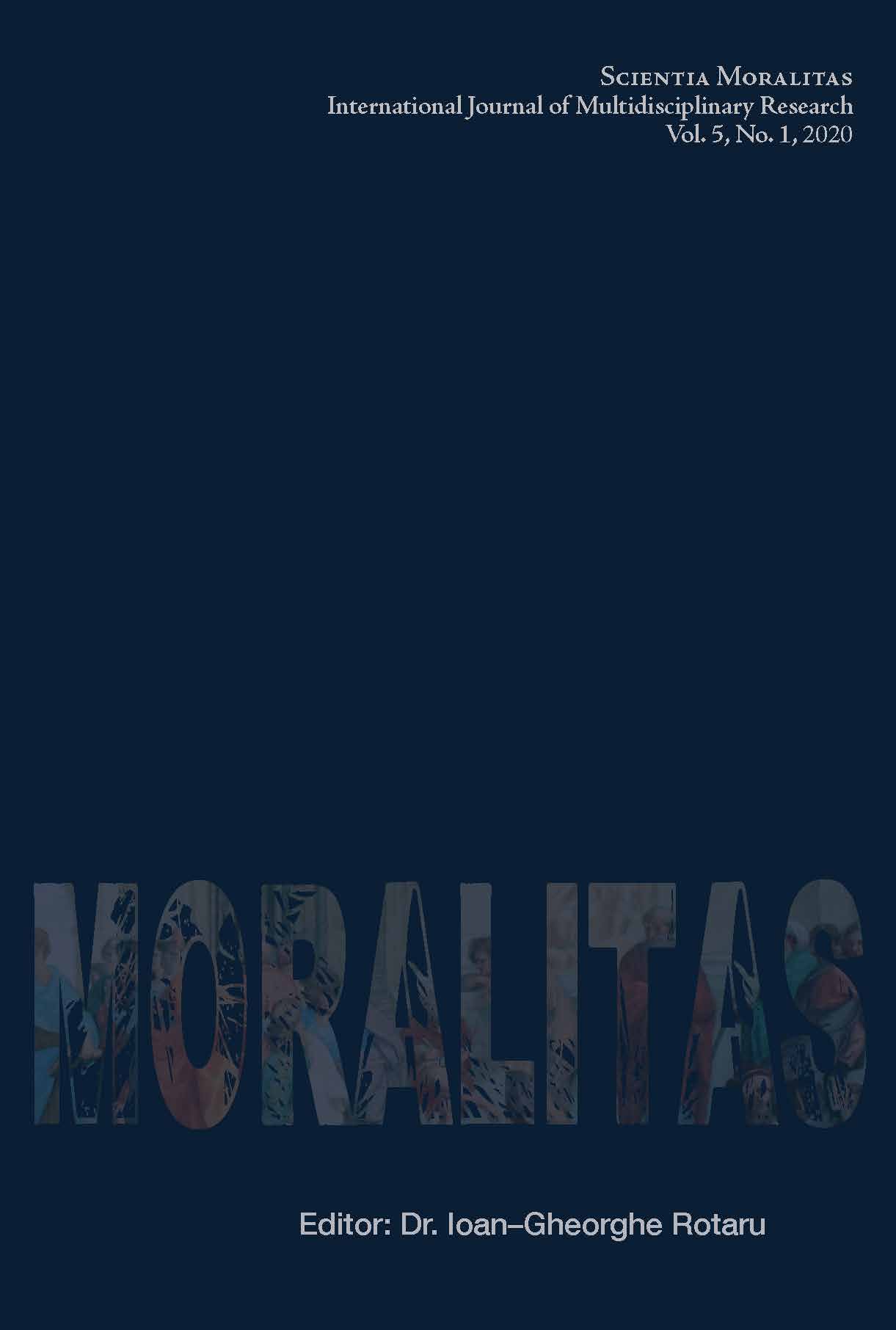Ancient Legal Codes as Basis for Artificial Intelligence Regulations in the 21st Century
Ancient Legal Codes as Basis for Artificial Intelligence Regulations in the 21st Century
Author(s): Julia M. Puaschunder, Dieter FeierabendSubject(s): History of Law, Ancient World, ICT Information and Communications Technologies
Published by: Scientia Moralitas Research Institute
Keywords: Advancement; Artificial Intelligence; Athenian city state;
Summary/Abstract: Three ancient legal codes are discussed in light of the currently ongoing introduction of Artificial Intelligence (AI), robotics and big data insights into our contemporary society. To an extent as never before, computers are supporting human input, decision making and provision of data. AI, algorithms, robotics and big data are used to derive inferences for monitoring large-scale trends, detecting and measuring individual risks and chances based on data-driven estimations. Through machine learning algorithms and unprecedented data storage and computational power, AI technologies have most advanced abilities to gain and process information as decision making aids. Yet the currently ongoing digitalization disruption imposes ethical challenges and demands for regulatory consensus and legal action. When trying to find right, just and fair solutions in the introduction of novel technologies in society, the ancient legal codes of the Athenian city state, Roman law and the Code Napoléon may offer insights how to regulate complex new challenges ethically enriched with the wisdom and historical precedent of previous times. In particular, the ancient Athenian city state featured a diversified society that offered stratified citizenship rights and obligations. The Roman law conduct around slavery holds invaluable insights how to tax profitable market solutions and instill liability safety procurements for non-human market actors. The Code Napoléon defines different classes of market actors in society with different rights and obligations to engage in economic markets. All three legal regimes have endured for centuries and inspired very many different legal jurisdictions and national societies around the world and will hopefully imbue highest ethical mandates and standards in our contemporary arising technologies in a world-wide digitalizing world.
Journal: SCIENTIA MORALITAS - International Journal of Multidisciplinary Research
- Issue Year: 5/2020
- Issue No: 1
- Page Range: 1-15
- Page Count: 15
- Language: English

